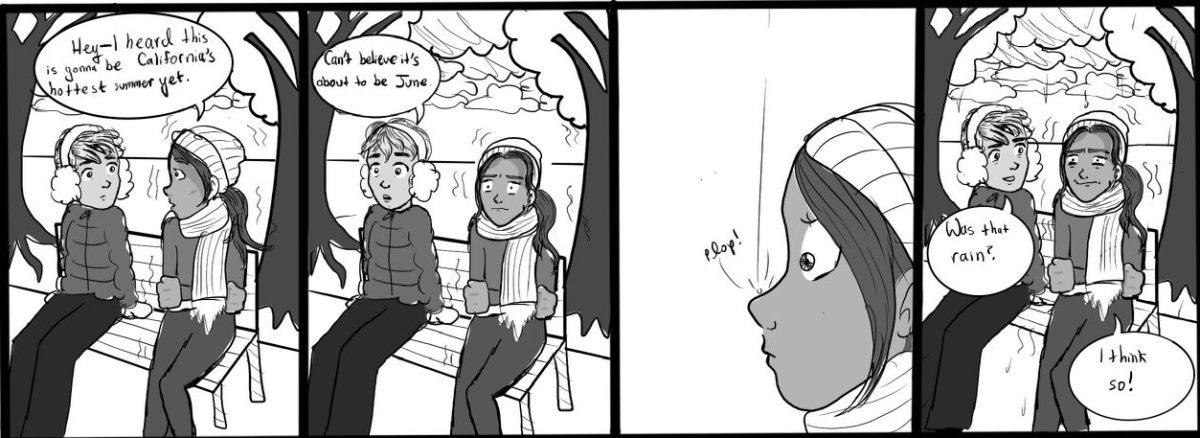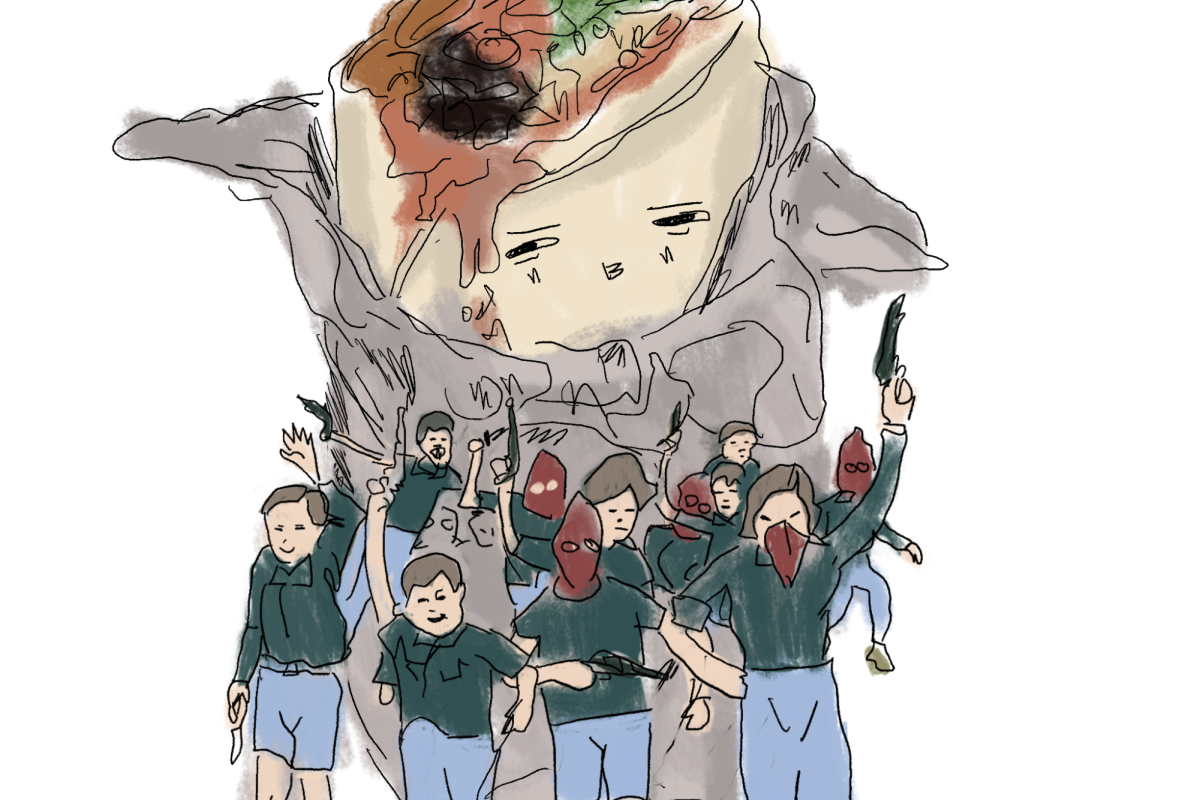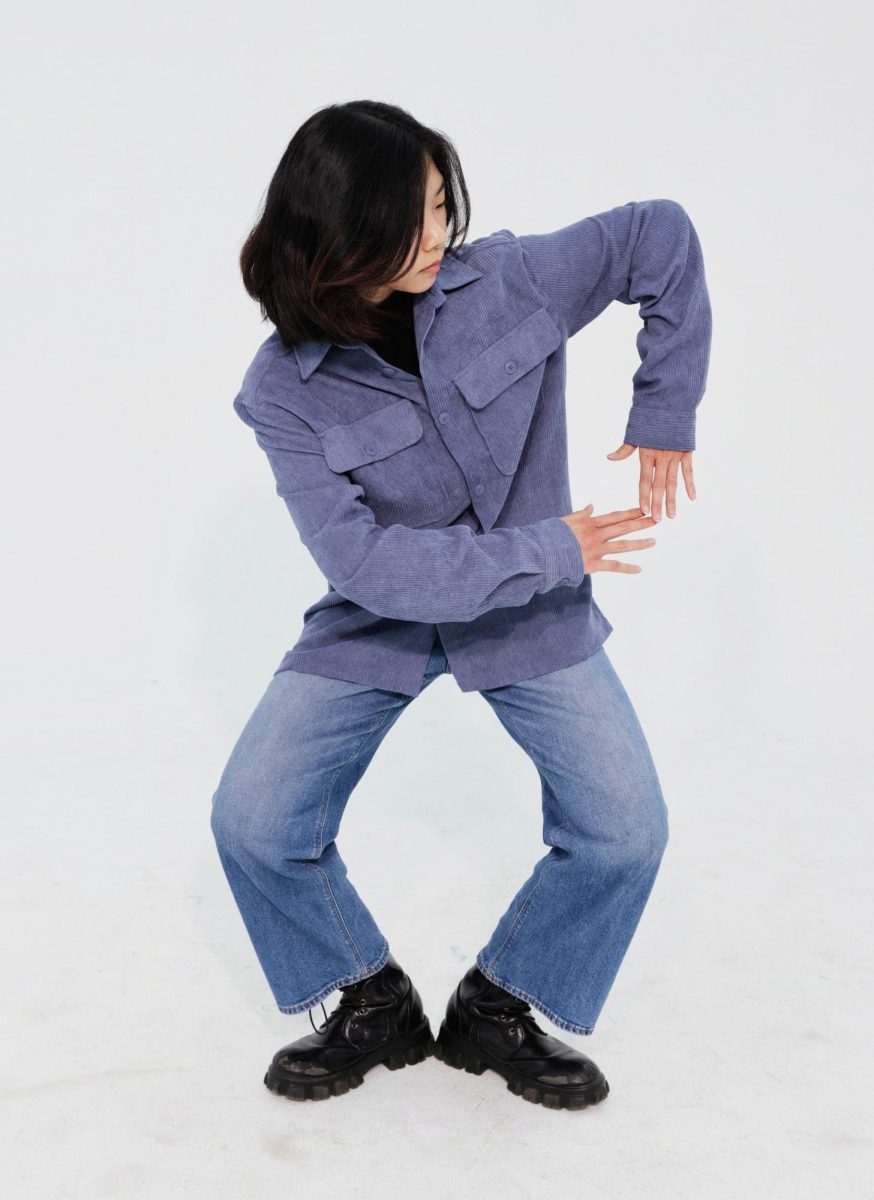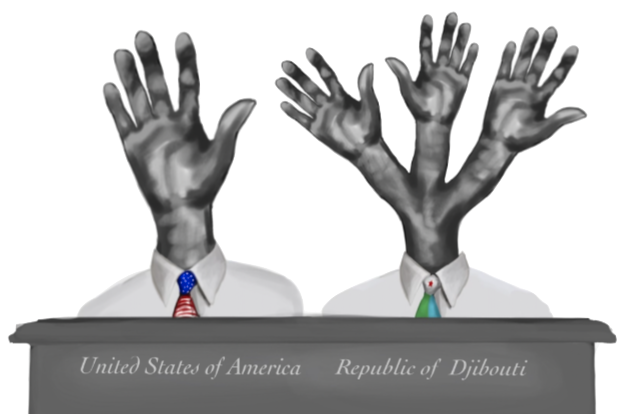In a stressful world full of social media, cancel culture and articles analyzing every move of celebrities, we are constantly surrounded by “public opinion.” Simply put, public opinion is the opinion that the general population has on someone which can largely impact the words they say and the actions they commit. More likely than not, we’ve all at least once worried about the wrath of public opinion. Did you have to think twice before posting that comment on your friend’s post? Or have you hesitated before expressing your opinion to a group of people? We’ve all undoubtedly felt the nauseating fear of public speaking — and no, not just because of the thousands of eyes staring blankly at us as we speak. It’s what’s behind those eyes: terrifying, judgmental and threatening opinions. What these three descriptors have in common isn’t the feeling occurring in the moment, but the fear of what people would think of us afterward. The pressure of public opinion makes us less virtuous because it takes away our uniqueness and damages our moral compass.
Aside from increasing fear, public opinion washes out the personalities of many — and it happens more frequently than one may think. Most of us can agree that, even within the large, tangled jungle of personalities out there, we have at least one person that we are highly comfortable with. Whether they are a sibling or best friend, being “comfortable” with this person means we can candidly express our opinions without the burden of being judged or shamed. It makes sense, then, that our “personalities” are strongest around our closest friends. There’s no captious backlash or judgmental glances to critique what we have to express. Without exposure to public opinion, we let our complex personalities flourish.
On the other hand, when we have an audience, the opposite tends to occur. Celebrities are a great example of this, for it is obvious how much they restrain themselves in public. Sitting and smiling, celebrities often say what they are trained and advised to say — whether it’s in a broadcast interview or even a casual YouTube video — so the public eye accepts them. With so many potential opinions that could be given of such idols — positive or negative — people of high fame are forced to reject what comprises personality: opinion, uniqueness and character. Because of this, public opinion takes away their virtue.
This, unfortunately, happens to all of us. We stop ourselves before uttering something “controversial” in fear of what others will think. Perhaps we are scared of saying something that could be considered offensive or that goes against the status quo, but in reality it’s all in our heads. Our opinions and values are often silenced by something that shouldn’t even be loud enough to drown them out. Public opinion is a silent killer of personality and opinion and, therefore, makes us less virtuous.
In addition to dampening personality, public opinion damages internal morality, especially when people face controversial issues. For example, countless influencers have been “canceled” on social media. Despite their fame and the platform they’ve built up for themselves, the public will find a reason to cancel them — perhaps an offensive old text receipt from when the influencer was 17 or a low-quality image of the celebrity wearing a controversial outfit — before moving on to the next influencer. Though influencers will often apologize, it is typically not out of genuine remorse. Such apologies are made only because of wanting to please the public and save their reputation.
There are many instances of this: for example, Colleen Ballinger, a YouTuber, was canceled for grooming allegations. Though it was right for her to be shamed for committing terrible actions, she proceeded to make an exaggerated and superficial apology video that had nothing to do with her actual moral sense of wrongdoing — it was simply to save herself. Now, she is back to posting videos, ignoring the fact that her apology had far less to do with morality than her fear of losing public validation and fame. When influenced by public opinion, we do “what is right,” not because of our bona fide values, but due to our fear of losing what put us in this craze in the first place: public opinion. Damaging our internal morality, public opinion making us significantly less virtuous.
So, why does this matter? This article is not a step-by-step guide on how to be a perfect, universally liked person — that is inherently impossible. Instead, we need to lead our lives with the knowledge that not everyone will like us, for it is unfeasible for us to please every single person we meet, work with or befriend. The next time you’re in a group of people, don’t hold back from expressing yourself. Make that public speech. Disagree with others. Say what’s on your mind. Did you feel the person you recently met didn’t seem to like you? That’s okay. You have a ton of other people who do. We cannot rid ourselves of our opinions and thoughts to satiate the gripes of others — because here’s a secret: it’s impossible.






















